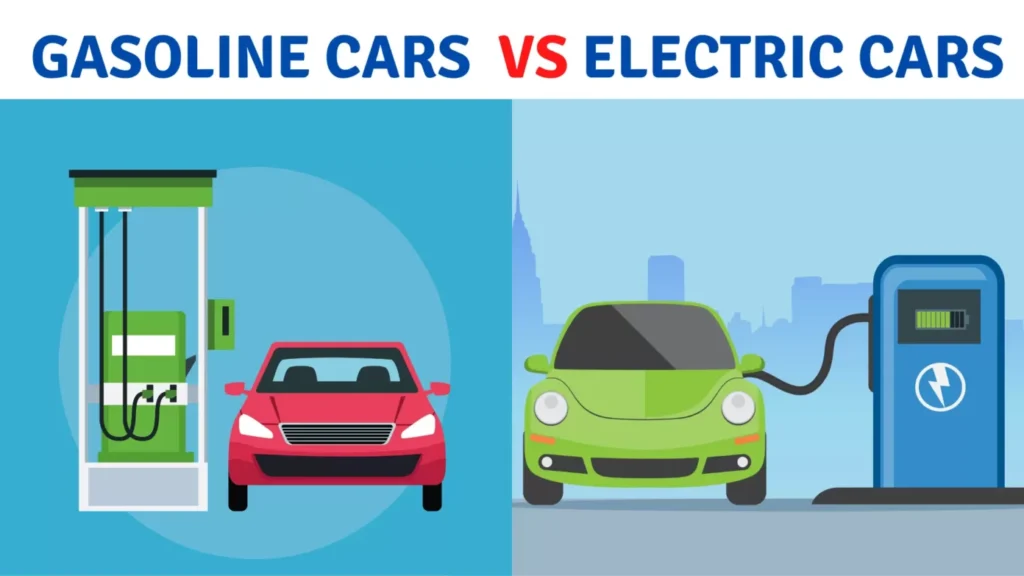
Many people are unsure whether the ‘green’ statements regarding the carbon footprint of electric vehicles versus gasoline-powered vehicles are true.
Unfortunately, a lot of people believe that electric cars either have no carbon footprint. While some think
that their carbon footprint is so small with respect to gasoline-powered cars, it doesn’t matter.
However, because the environmental cost of manufacturing is high. A new electric vehicle still generates
a significant amount of carbon emissions during its production, shipping, and charging. In contrast, a used automobile is most likely the alternative with the lowest emissions.
Even though buying an electric car may still be a good alternative for you. But knowing the true environmental costs can help you make the best choice for your eco-conscious way of life.
You must look at a variety of elements to comprehend the carbon footprint of electric versus gasoline-powered vehicles. Most electric cars do, on average, have a lower carbon footprint than gas-powered cars. This happens after a certain number of kilometers on the road. But not throughout the manufacturing and shipping processes.
Since electric vehicles’ lithium-ion batteries play a major role in these operations. The environmental cost
of these processes is frequently much worse for them (EV batteries).
The main problem is that factories are making these batteries from various raw elements, such as cobalt,
and lithium. Which must be mined and transported. Mega factories, and enormous buildings are the place where mass production of EV batteries happens. Additionally, the shipping of both the automobiles
themselves and their parts emits carbon emissions.
Also See: Do Electric Vehicles are future of clean Transportation?
Not just for electric automobiles, but for the majority of items, this is an unfortunate truth. If you order
something from somewhere other than your immediate area. It will probably come to you by a fossil
fuel-burning vehicle. There is a carbon cost regardless of how you travel: by boat, plane, truck, or car.
The charging of an electric vehicle is a third carbon cost pillar. The biggest issue with electric vehicles is
that they often draw power from the grid. Those grids are run on fossil fuels. The biggest reason why
there are few electric cars on the road. As a result, the majority of electric vehicles still burn fossil fuels,
they merely do it during the “refueling” phase of a journey rather than the actual drive.
